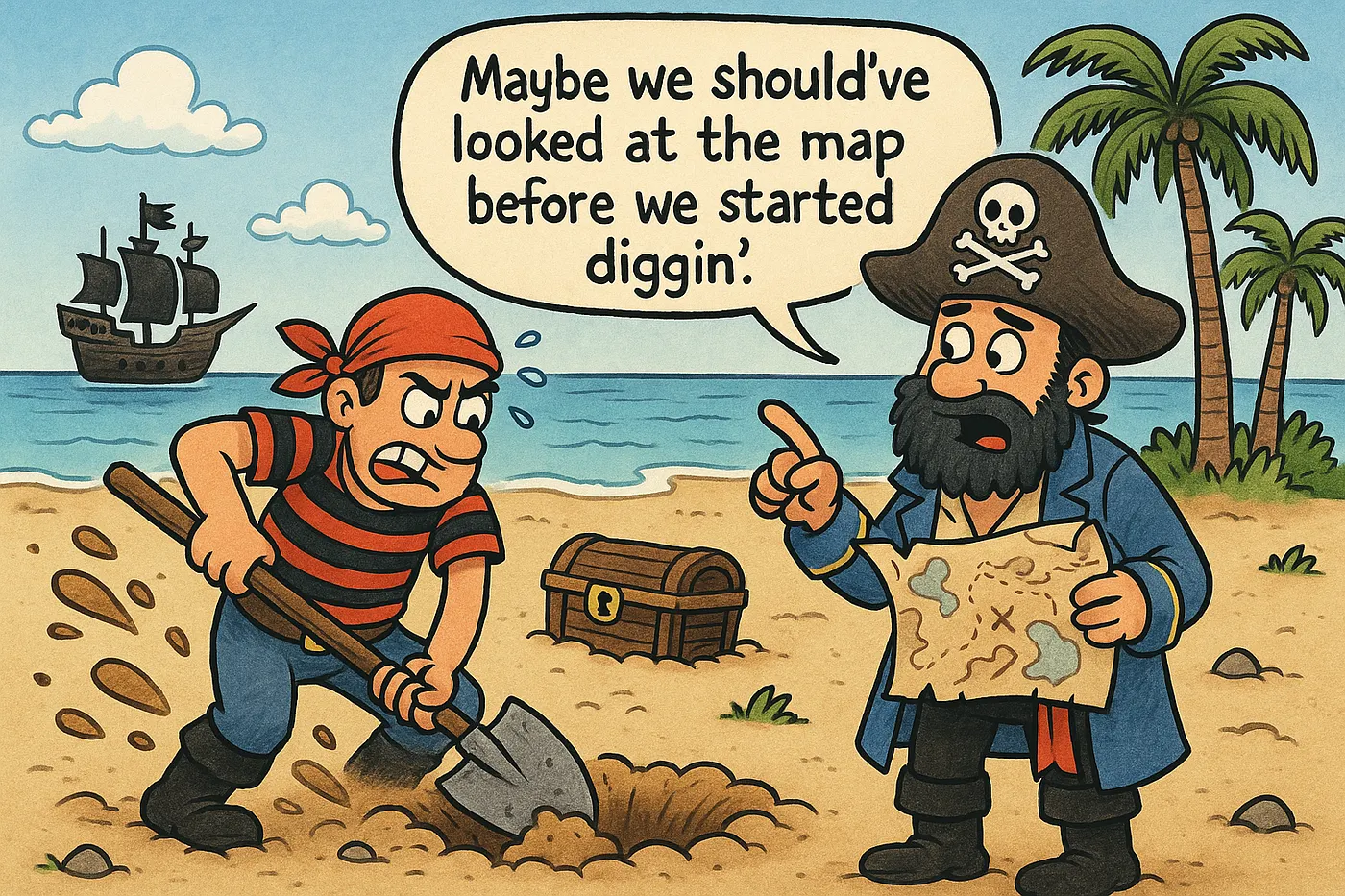
Scott Boring
I am a software engineer with over 20 years of experience in Java, JavaScript, GO, Kubernetes, and cloud-based infrastructure. I excel in designing and building scalable, robust software solutions, and I am passionate about solving complex technical problems. I use data-driven approaches and compelling data story telling to create team alignment and measure success.
Visit my LinkedIn









